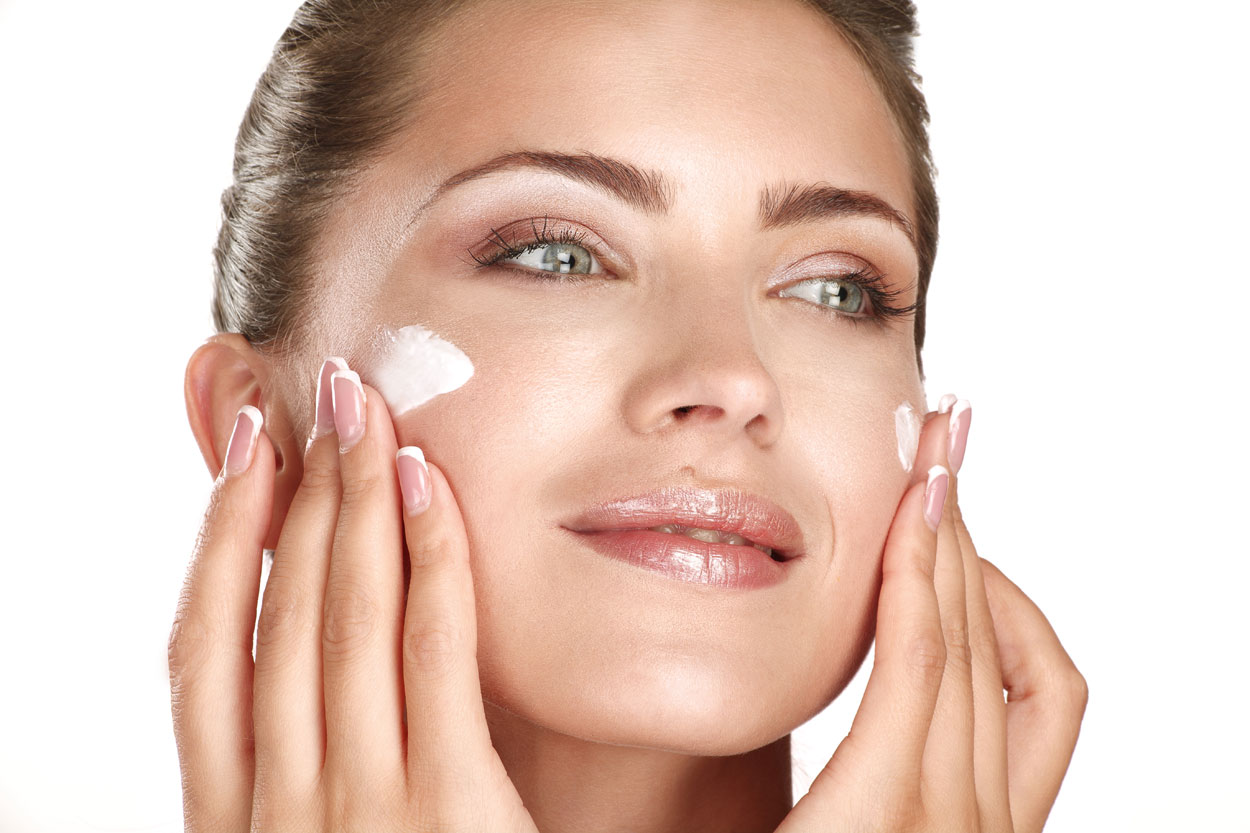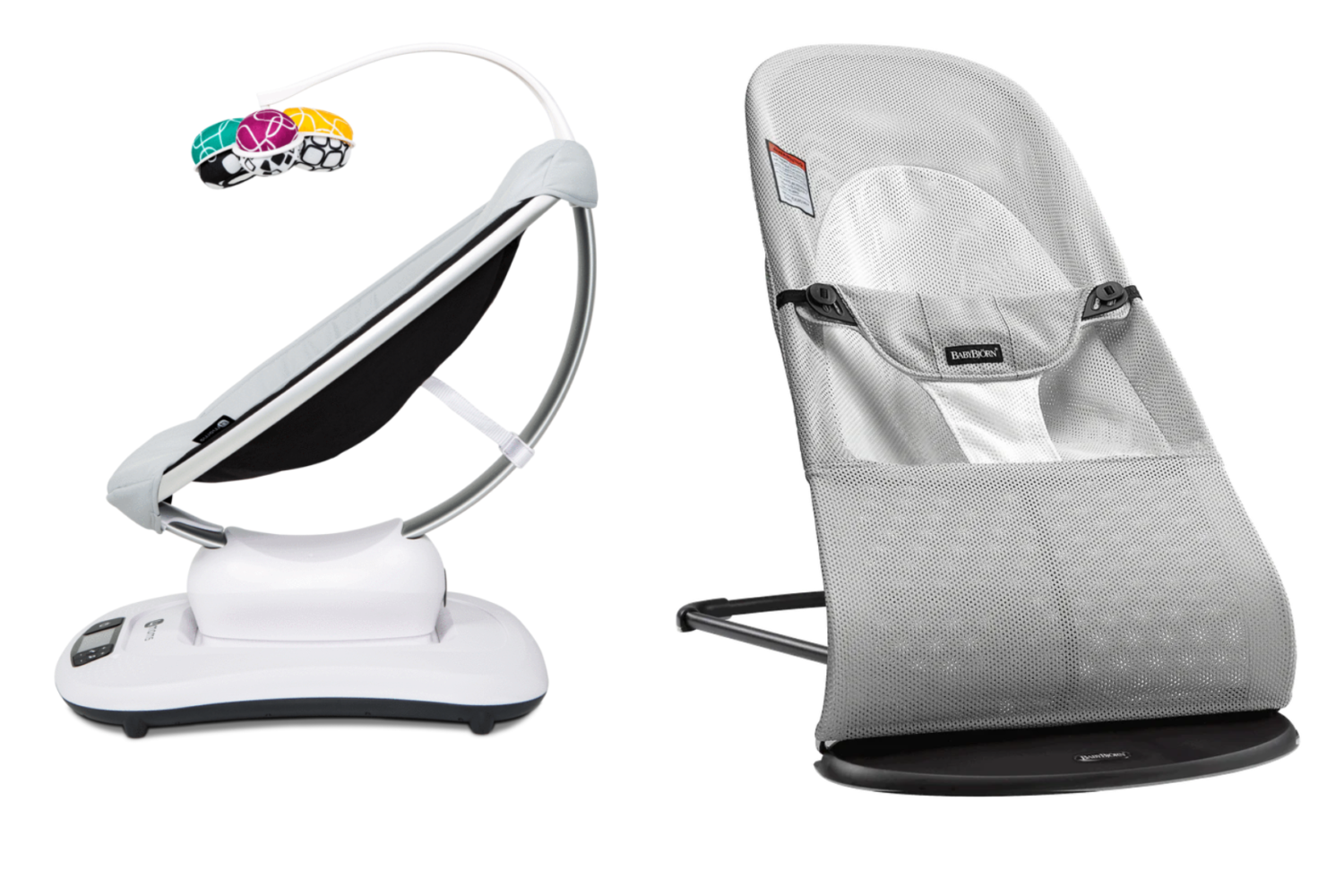I hear the concern from women in my practice all the time: “But doctor, why do I have wrinkles AND acne? I haven’t broken out like this in years!” Acne happens to almost everyone in their teen years, but it’s also fairly common to have adult-onset acne which erupts in your late 20s, 30s, or beyond. Some researchers estimate it can affect up to 50 percent of women in at some point in their adult lives.
Adult acne is partially caused by sebum, an oily substance produced by sebaceous glands in the skin. Sebum clogs pores, which attract bacteria leading to inflammation. For some adults, breakouts are a result of sensitivity to or overproduction of androgens or male hormones, but an imbalance in both male and female hormones (estrogen) can also lead to break outs. For women, this can happen during pregnancy, peri-menopause, and menopause.
Treating adult acne is not easy since traditional topical medications are best suited to oily, teenage skin. These types of medications can be very irritating, drying, and actually worsen fine lines and wrinkles in adult skin. Thankfully, there are good treatment options available to help improve breakouts while slowing down the signs of aging.
Cleansers: Mild cleansers without fragrances can be helpful to cleanse the skin but not strip the skin of natural oils. Avoid strong gels and products containing beads or granules, which are abrasive and irritating, leading to red, but still broken-out, skin.
Creams and lotions: Retinol products can open and clean pores and simultaneously help reduce fine wrinkles. This is a go-to ingredient for aging, yet acne-prone skin. Products that contain salicylic and glycolic acids are also helpful to reduce discoloration and fade old acne marks. Use benzoyl peroxide as spot treatment only—as a full-face treatment, this ingredient is often too harsh for adult skin.
Prescription medications: Low-dose antibiotics, such as doxycycline, can help reduce inflammation in the skin, thereby reducing breakouts. Oral contraceptives can help stabilize the fluctuations of hormones, which is often a major contributing factor to adult-onset acne. In stubborn cases of adult-acne in women where oral contraceptives cannot be taken, a good alternative is spironolactone. It also works to reduce the effects of hormones on the skin and can be very effective for the right person. If you are having continued acne despite good topical therapy, check with your dermatologist to see if oral medication would be a good option.

High-tech treatments: Laser and intense pulsed light treatments mainly target scars, but photodynamic therapy with aminolevulinic acid and blue and red light activation can kill acne-causing bacteria and reduce oil production. Another good option: a series of chemical peels that can improve both acne and the early signs of sun damage. The most advanced chemical peels don’t require extended recovery time and can achieve impressive results within a few sessions.
Finally, don’t be afraid to moisturize and use sunscreen. Too often in my practice I see adult patients who have a tendency to break out, but their skin is very dry. They refuse to use moisturizer or sunscreen because of the fear of increased acne. This is counterproductive and potentially harmful to the skin (if there is an avoidance of sunscreen). To find a good facial lotion that will not cause acne, look for the term “non-comedogenic,” which means it will not clog pores. As for the sunscreen, I recommend to patients only those products with zinc and/or titanium as the active sunblock agent to get great broad-spectrum coverage with a low risk of irritation.
Dr. Elizabeth Tanzi is a board-certified dermatologist.















